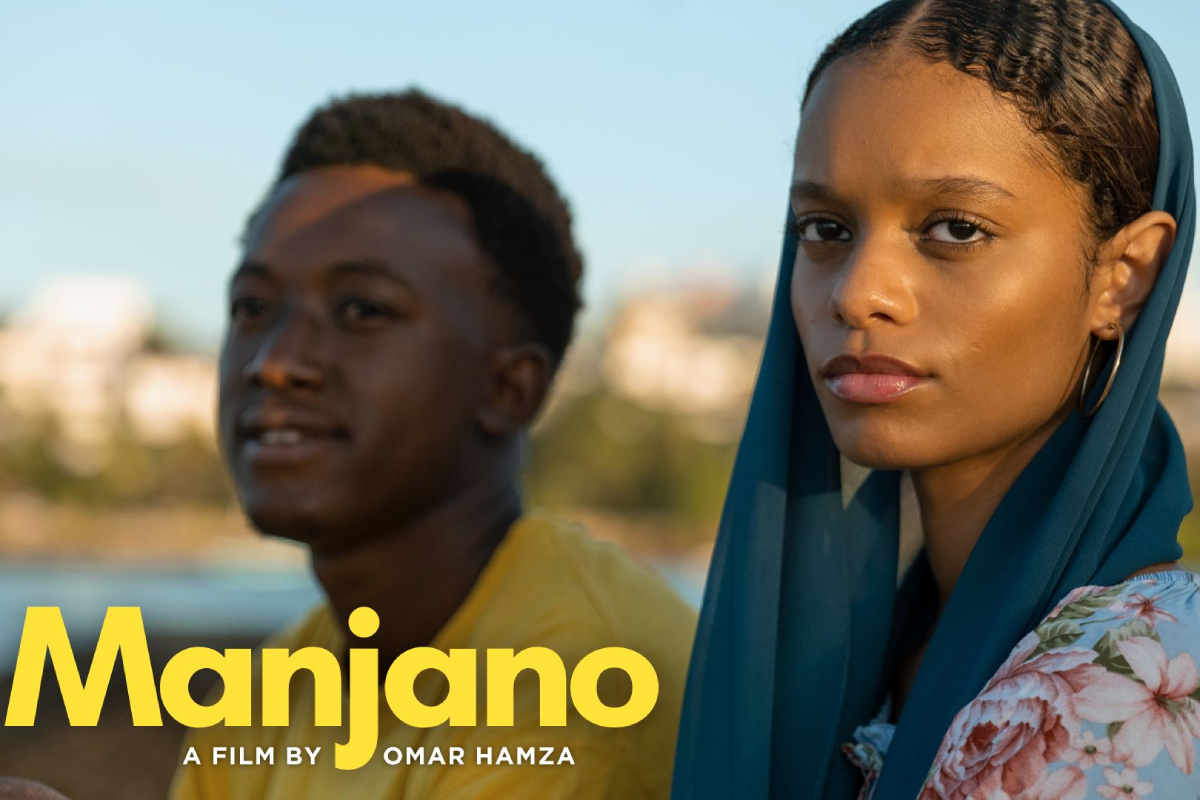Emerging African filmmakers are set to showcase their unique storytelling at the 2025 Locarno Film Festival, particularly through the Open Doors initiative, which runs from August 7 to 12. This year’s lineup features an array of films that explore diverse genres, from queer romance to Afrofuturism, reflecting a new wave of narratives that challenge traditional portrayals.
Among the notable entries is the queer romance film Kachifo, Till The Morning Comes, directed by Dika Ofoma. This production, hailing from Nigeria’s Blu House Studios, tells the story of a love that transcends time and societal norms, focusing on a betrothed warrior chief and a young maiden who are reincarnated in modern Nigeria. Producer Blessing Uzzi describes the film as “radical and necessary,” especially given the climate surrounding LGBTQ+ themes in the country.
The festival will also feature Death & Its Friends, a darkly comedic family drama produced by Kudi Maradzika. The film, which is set in Johannesburg, navigates themes of grief and inheritance. Maradzika likens it to a blend of Parasite and Triangle of Sadness, showcasing her talent for creating engaging narratives that resonate deeply with audiences.
Another highlight is The Color Yellow (also known as Manjano), a feel-good heist movie that combines elements of romance and action. Directed by Oscar Hamza and produced by June Wairegi, this film tells the story of a young woman assembling a team of misfits to pull off an audacious heist.
Exploring Diverse Narratives and Themes
The selection of films at Open Doors reflects a commitment to storytelling that connects with social realities, moving away from depictions of poverty and hardship often associated with African cinema. For instance, Diary of a Goat Woman is described as a personal exploration of the choices faced by women, while The Headstone presents a coming-of-age tale set against a backdrop of significant sociopolitical change.
“Too often, African stories are filtered through hardship,” says Hamza regarding the intent behind The Color Yellow. “We’re challenging that by making a feel-good film that celebrates young African love.” This sentiment resonates with many filmmakers at the festival, who are focused on portraying their cultures in more nuanced and uplifting ways.
The documentary feature The Bilokos, directed by Rickey Bahati, takes a different approach by examining the legacy of the Democratic Republic of Congo’s conflicts through the lives of five former soldiers. Bahati emphasizes the strength and resilience of his subjects, aiming to provide a more rounded depiction rather than relegating them to mere victims of war.
Financial Challenges and the Future of African Cinema
Despite the vibrant storytelling, filmmakers face significant hurdles, particularly in securing financing. A panel discussion is scheduled for August 9 at Locarno to address potential solutions for these challenges. The limited number of over-the-top (OTT) services in Africa exacerbates the issue, with industry analyst Daoud Jackson noting that the lack of content is frequently cited as a major concern among African consumers.
Many producers are turning to international co-productions as a strategy to navigate these financial constraints. However, there is a shared desire to maintain creative control and produce films that resonate with local audiences. Wairegi points out that collaborations with European partners often result in content that fails to connect with viewers in Africa.
As the festival unfolds, the spotlight on these next-generation filmmakers is expected to yield significant attention and accolades. The Open Doors Award Ceremony on August 12 will recognize standout projects, further emphasizing the importance of nurturing diverse voices in cinema.
With a growing slate of innovative and culturally rich productions, the future of African cinema looks promising. This year’s Open Doors initiative exemplifies a movement towards authentic storytelling that captures the complexities and vibrancy of the continent.
